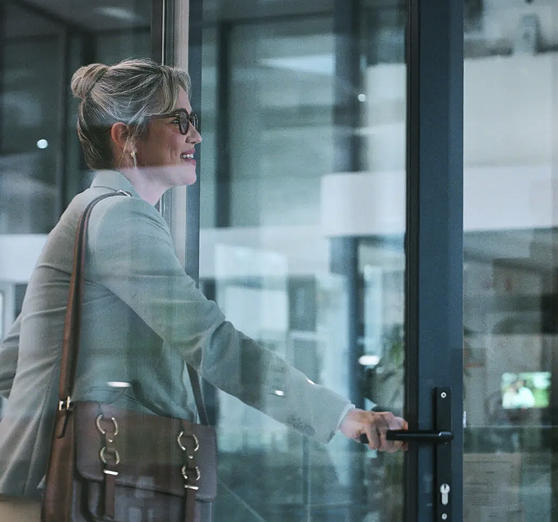Background:
When employees ask for an extension of or change to H-1B or L-1 status, their spouses and children also need to have their H-4/L-2 status extended or changed. Prior to 2019, USICS normally decided all applications for the family unit together. In 2019, USCIS began separating the family members’ applications from their spouse or parent’s applications, resulting in much longer processing times. In 2021, a lawsuit was filed called Edakunni v. Mayorkas. The plaintiffs and USCIS reached a settlement agreement under which USCIS agreed to process H-1B/L-1 visa applications together with H-4/L-2 dependent applications. Under the terms of the settlement, U.S. Citizenship and Immigration Services (USCIS) was required to adjudicate H-4/L-2 visa applications at the same time as the principal H-1B/L-1 visa application when filed together. This joint processing helped streamline the adjudication process for dependent spouses and children of H and L visa holders. It also provided more predictability for spouses seeking work authorization, ensuring they could receive work authorization (EAD) without delays because of a parallel settlement in the lawsuit known as Shergill v. Mayorkas, which dealt with concurrent processing of H-4 extensions and H-4 EAD extensions.
On January 10, 2025, USCIS notified counsel for the plaintiffs in the Edakunni Settlement it does not intend to extend its settlement agreement in that litigation. If the government does not extend or renew the Edakunni Settlement, the following impacts are likely:
Potential Impacts:
- Delayed Work Authorization for H-4 Spouses: Without the settlement, H-4 applicants could experience delays in their H-4 status extensions, which will in turn delay processing of their work authorization applications which depend on the H-4 status extensions. They may have to wait longer for processing or approval, potentially causing economic and personal hardships for families that rely on the spouse’s income and business hardships on their employers who will have to give them leaves of absence.
- Disjointed Processing of H-1B/H-4 and L-1/L-2 Applications: In the absence of the settlement, principal and dependent filings will likely be processed separately. This separate processing could lead to a disconnect in the timing of approvals, with H-4 and L-2 visa holders potentially waiting months, or even longer, after the principal H-1B/L-1 holder’s approval.
- Increased Administrative Burden on Applicants and Employers: If H-4 and L-2 applications are not processed in parallel with H-1B petitions, applicants may have to submit additional paperwork, attend more interviews, or go through extra steps to ensure their spouse’s status aligns with their own. This adds administrative complexity for both individuals and employers.
- Impact on H-4 EAD Holders: For spouses of H-1B workers who rely on the H-4 EAD (Employment Authorization Document), there could be uncertainty about their ability to continue working in the U.S. If H-4 applications are not handled efficiently, many will face disruptions in employment or be forced to leave their jobs while waiting for approval.
- Potential Legal Challenges and Policy Changes: The government’s failure to extend the settlement may also result in legal challenges from advocacy groups or businesses that benefit from the streamlined process. This could lead to policy shifts or further litigation that could create instability in the H-1B/H-4 and L-1/L-2 application processes.
Conclusion:
The impact of long processing times for H-1B, L-1, H-4, and L-2 visa applications—especially when not handled in tandem—creates financial strain, logistical challenges, and personal stress for sponsored employees and their families. It also causes disruption to the employers of H-4 spouses. With USCIS ending the settlement agreement in the Edakunni case, further litigation will likely proceed. If your application is delayed unreasonably, please review our website for remedies for delayed adjudications and contact a Klasko Law attorney if you would like to discuss your options.
Please contact your Klasko Law attorney with any questions regarding this client alert.
The material contained in this alert does not constitute direct legal advice and is for informational purposes only. An attorney-client relationship is not presumed or intended by receipt or review of this presentation. The information provided should never replace informed counsel when specific immigration-related guidance is needed.
© 2024 Klasko Immigration Law Partners, LLP. All rights reserved. Information may not be reproduced, displayed, modified, or distributed without the express prior written permission of Klasko Immigration Law Partners, LLP. For permission, contact info@klaskolaw.com.



